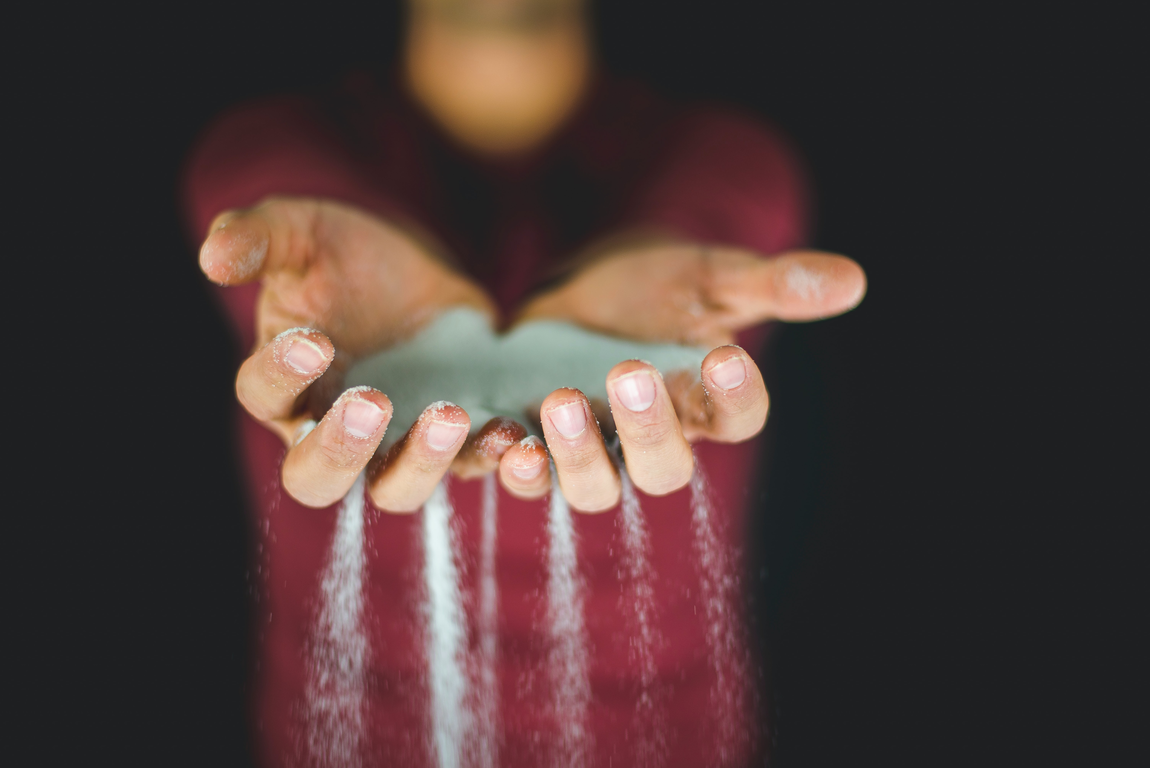
How Toxic Shame Could Be Holding You Back
Healthy Shame vs. Toxic Shame
Shame is a normal and natural emotion. It is a social emotion that seeks to help us stay in relationship with others. Like all emotions, shame is not inherently good or bad. It is a very human emotion used to protect us from situations that could be dangerous or potentially embarrassing. Often people seeking trauma treatment have negative feelings about themselves for what has happened to them and their response to it, mainly when trauma has occurred in relationships with other people. For example, harsh or abusive parents or caregivers, bullying in school, rigid authority figures, unhealthy relationships, neglect, etc. Over time, this grows into a large amount of internalized toxic shame that leaves people feeling worthless, hopeless, and boxed in. For shame to be healthy, it needs to occur in a safe relationship, and there needs to be a repair in the connection, so both people are in good standing and understand what happened. Shame can be toxic when prolonged; it is designed to be a brief response to a temporary situation. Shame becomes toxic when the relationship with others is not restored. It leaves the person experiencing shame, feeling alone, and less than. If shame adds up and the relationship is not restored, a person may feel as if they are not accepted. This can turn into a chronic condition that changes what people believe about themselves compared to those around them.
You Deserve a Healthy Relationship with Yourself
Experiencing toxic shame as a result of trauma isn’t your fault. Someone harming you and causing you distress is not your fault. It reflects what is going on with the other person, not a reflection of your worth or capacity as a person. It can be difficult to navigate this alone. Our Created Lives Counseling provides trauma treatment that helps you manage toxic shame so you can feel good about being you again. You deserve to feel valued, accepted and loved. You deserve to feel good about who you are. Trauma treatment can help you build a healthy relationship with yourself, so you can manage toxic shame that gets in the way of who you are and what you want to do. Here are ten common signs of toxic shame experienced by those who have experienced trauma.
10 Signs of Toxic Shame
You worry about what other’s think of you more than you value your own needs
You often use the word “should”
You feel a large amount of guilt for not doing things that are hard for you.
You feel that something is your fault, but you did not choose it.
People often remind you that what you did was wrong, and it feels like the situation is ongoing and not going away.
It’s hard to be around others without feeling not good enough
You feel that you will never live up to other’s standards
You try to hide your “real self” from other people because they wouldn’t like you if they found out.
You feel worthless
It feels pointless to try moving forward because you are no good.
If you are experiencing any one of these, you are not alone. It is very normal to experience toxic shame after trauma. It is your body’s way of protecting you from other traumatic situations. In therapy, we can work together to help you find ways to manage toxic shame so that you can start to feel better. Empathy and compassion are great tools to build to work through toxic shame. It often takes practice and consistency to use these skills in small and consistent ways to build the habit and increase self-acceptance. It is essential to work with a therapist who can help you navigate this process. When we share our experiences in a safe environment and an accepting relationship, we begin to heal from trauma.

Are you struggling with getting out of shutdown mode and sick of googling solutions?
Get the Calm in 5 Guide so you can feel better and get back to living your life.







